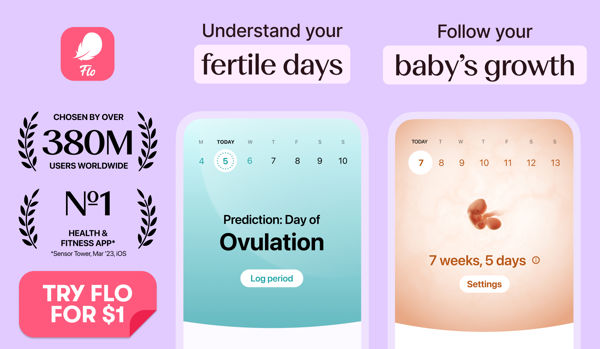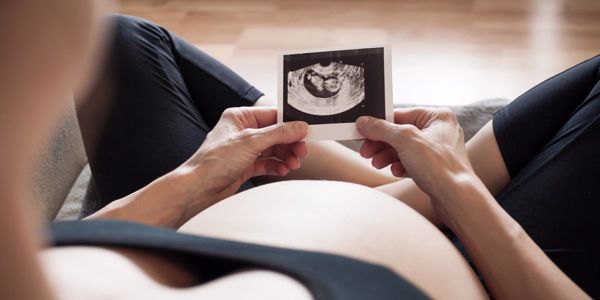Implantation bleeding and spotting are two of the cruelest early pregnancy symptoms, in my opinion. The first thing that comes to most individuals trying for a baby when they see even a slight spotting is loss. I am here to tell you that although bleeding can be a sign and symptom of a miscarriage, it is not inherently a sign, especially by itself.
About 25% of all pregnant individuals experience spotting or bleeding during pregnancy. That is a lot of people experiencing this. When the spotting or bleeding happens alone with no other symptoms, it is more likely benign than a sign of a problem. Often, spotting and bleeding that occurs with cramping, contractions, or pain are the types of bleeding to be worried about, but if you are feeling concerned about your bleeding or spotting for any reason, contact your care provider.
What Should I Do?
If you notice any spotting or bleeding in your pregnancy, it is essential first to let your care provider know what you are experiencing and, second, to keep track of what you notice. Is the spotting or bleeding alone or accompanied by other sensations or symptoms? Is it spotting, only a few little spots on a pad or undies, or is it bleeding where you need to wear a pad to avoid leaking? What color is the blood? Red, brown, and pink are the most commonly reported colors, but some darker red blood can almost look black. And lastly, is the bleeding getting heavier or lighter as time goes on?
You mustn't wear tampons while bleeding during pregnancy. Pads are good to use to catch the bleeding and help you note how much you are bleeding. Although convenient, period underwear can be deceptive about how much bleeding is occurring and can make it hard to measure whether the amount is increasing or decreasing.
When Is It An Emergency?
It becomes an emergency if your bleeding turns into heavy bleeding, if you feel any dizziness while bleeding, or if the bleeding is accompanied by cramping or pain in your belly. In these circumstances, transport to the nearest hospital is crucial and lifesaving.
Although bleeding in the first trimester is pretty common and is often benign, it can be a sign of a more severe condition like a molar pregnancy, ectopic pregnancy, or miscarriage. Going in to get looked at is never a bad idea, especially if your gut is telling you that something is not right.
What Are the Causes?
Some other causes of bleeding in early pregnancy include having sex, an infection, implantation of the embryo, hormonal changes, certain types of medical tests like chorionic villus sampling, smoking during pregnancy, and a subchorionic hemorrhage. If the bleeding occurs later in pregnancy, it can be from similar things to early pregnancy, like sex, an infection, smoking in pregnancy, and a subchorionic hemorrhage.
Bleeding can also come from a pelvic exam, problems with the cervix, preterm labor, placental issues, and ruptures of the placenta or uterus. Because bleeding can come from a range of things, it is a good idea to have your care provider look at you and ensure that the amount of bleeding is within normal and that there are no signs of something more serious occurring.
How Is It Treated?
In most cases, bleeding in pregnancy can be treated from bed rest or pelvic rest, which means relaxing a bit more and doing a bit less. Sometimes, a hospital stay will be necessary, and if you are Rh positive, then getting medicine can help protect your future babies from Rh disease.
As with anything in life and pregnancy, you are the professional of your body and your baby. If something does not feel right, it likely is not right. Going in and getting looked at by your care provider is never a bad idea, especially when it comes to bleeding during pregnancy.







